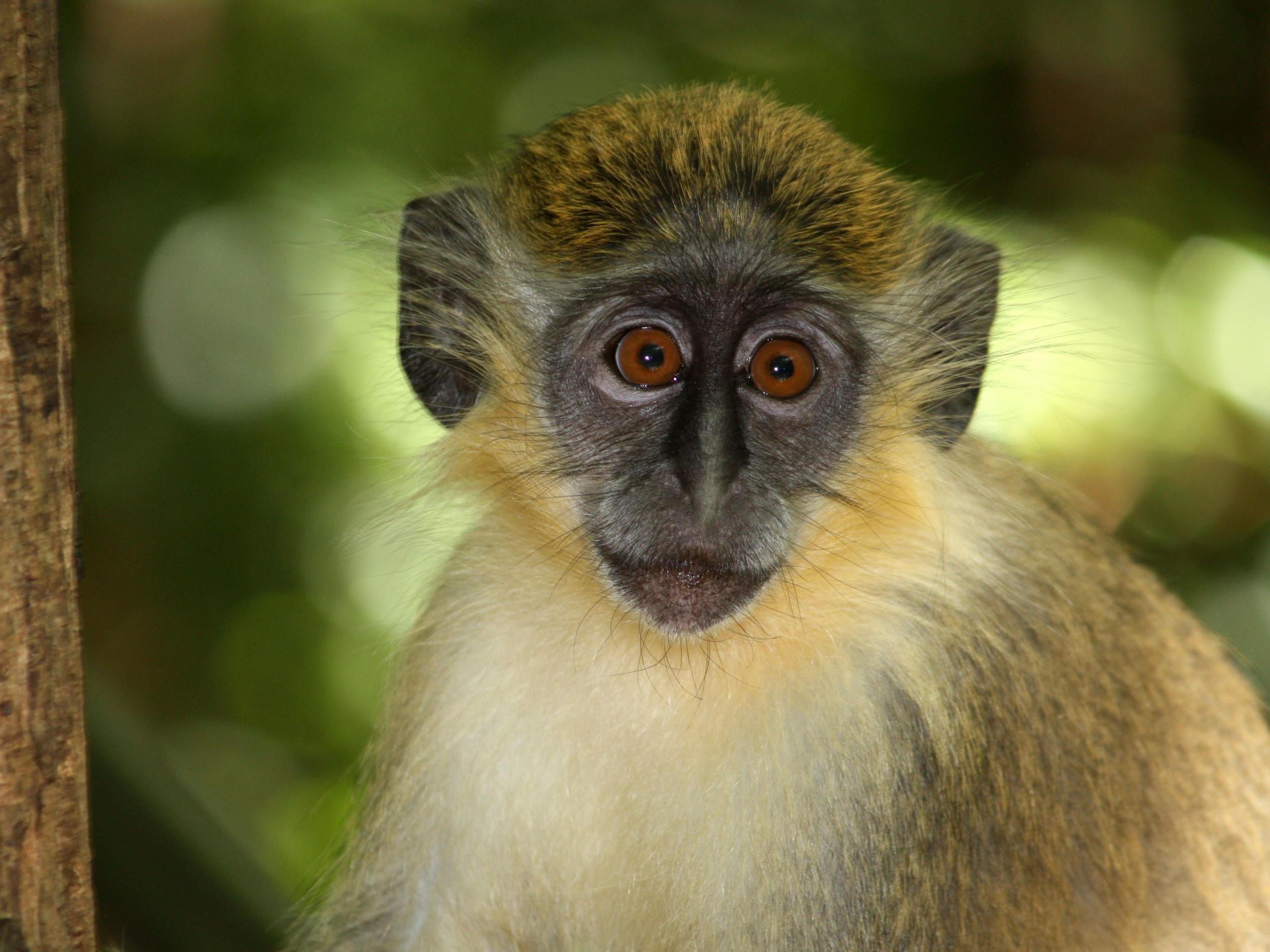Humans give bacterial infection to monkeys while feeding them peanuts
Disease first made the jump between species 2,700 years ago, scientists discover

Bird flu, Ebola, HIV, leprosy – the list of human maladies blamed on animals is long. We are even filled with murderous rage when wildlife allegedly infect our livestock. Just ask Britain’s badgers.
However researchers have now established that, perhaps unsurprisingly, the effect works both ways with the discovery that humans gave the Staphylococcus aureus bacteria to green monkeys in The Gambia.
The process is potentially serious. When a disease mutates to allow it to jump from one species to another, it can discover a host with no or little immunity.
In 1918, an outbreak of ‘Spanish Flu’ killed up to an estimated five per cent of the world’s population after spreading from birds to pigs and then humans.
The new study, published in the Applied and Environmental Microbiology journal, found evidence that the S. aureus bacteria had moved from humans to green monkey after increased contact between the two species.
The humans, by and large, are thought to have meant well with the likely method of transmission being from people’s noses, to their hands and onto food given to the monkeys.
Researcher Dr Martin Antonio, of the Medical Research Council Unit in Gambian capital Banjul, said: “Although wild, these monkeys are very acclimated to humans, who often feed them peanuts.”
Samples of the bacteria were taken from the noses of monkeys and humans and then DNA tested.
Most of the bugs in the monkeys were descended from a group of shared ancestors who made the jump from humans to monkeys about 2,700 years ago.
But other samples had mutated to infect the monkeys as recently as about seven years ago.
Professor Mark Pallen, of Warwick University, who also worked on the study, said: “As humans encroach ever more steadily into natural ecosystems, the risk increases that pathogens will be transmitted from humans to animals, or vice versa.”
A S. aureus infection is usually relatively minor, causing boils and skin infections, but can be serious if it gets into the blood stream, where it can cause toxic shock syndrome. It is the ‘SA’ in the antibiotic resistant bacteria MRSA.
Join our commenting forum
Join thought-provoking conversations, follow other Independent readers and see their replies
Comments
Bookmark popover
Removed from bookmarks